The following is the first of a four-part series. Is the philosophy of Gilles Deleuze directly political? There are essentially three possible answers to such a question. First, if the
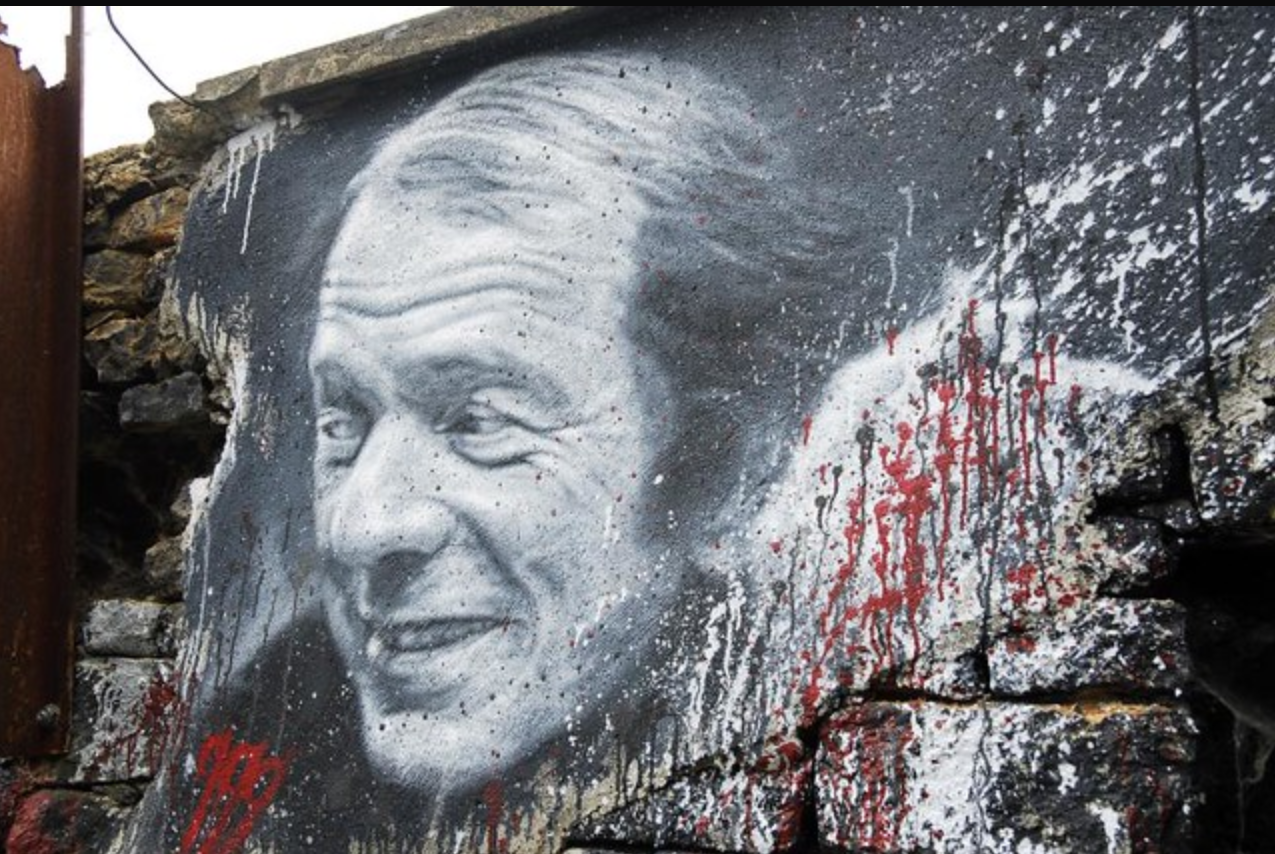

CRITICAL THEORY | SOCIAL ANALYSIS | POLITICAL PHILOSOPHY AND THEOLOGY

The following is the first of a four-part series. Is the philosophy of Gilles Deleuze directly political? There are essentially three possible answers to such a question. First, if the
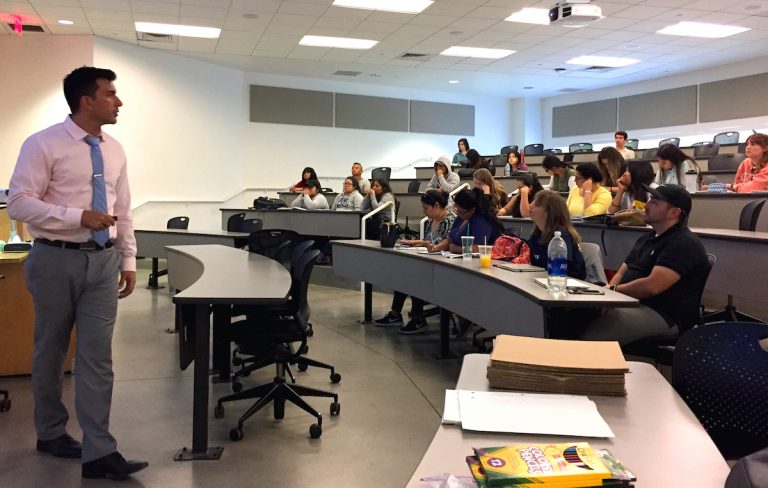
The scramble is now on between the proliferating number of candidates for the Democratic Presidential nomination to offer voters the most attractive plan for dealing with the student debt crisis,

I am often perplexed, sometimes disturbed, and generally intrigued by the use of Literature in philosophical arguments. While there is a robust tradition of Marxian-influenced material critique within Cultural Studies,
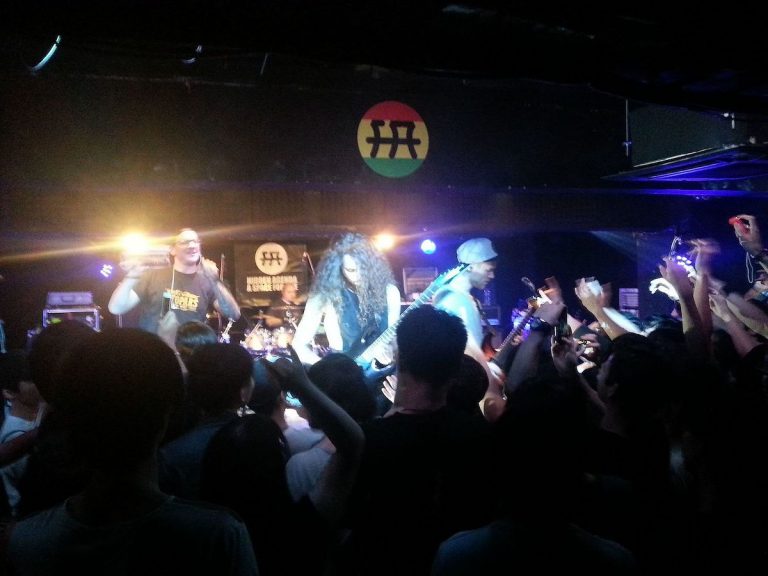
Translated by Rachel Thomas. Edited by Carl Raschke. The following is the fourth part of a series of translated fragments (or “short prose”) from the writings of Walter Benjamin, beginning
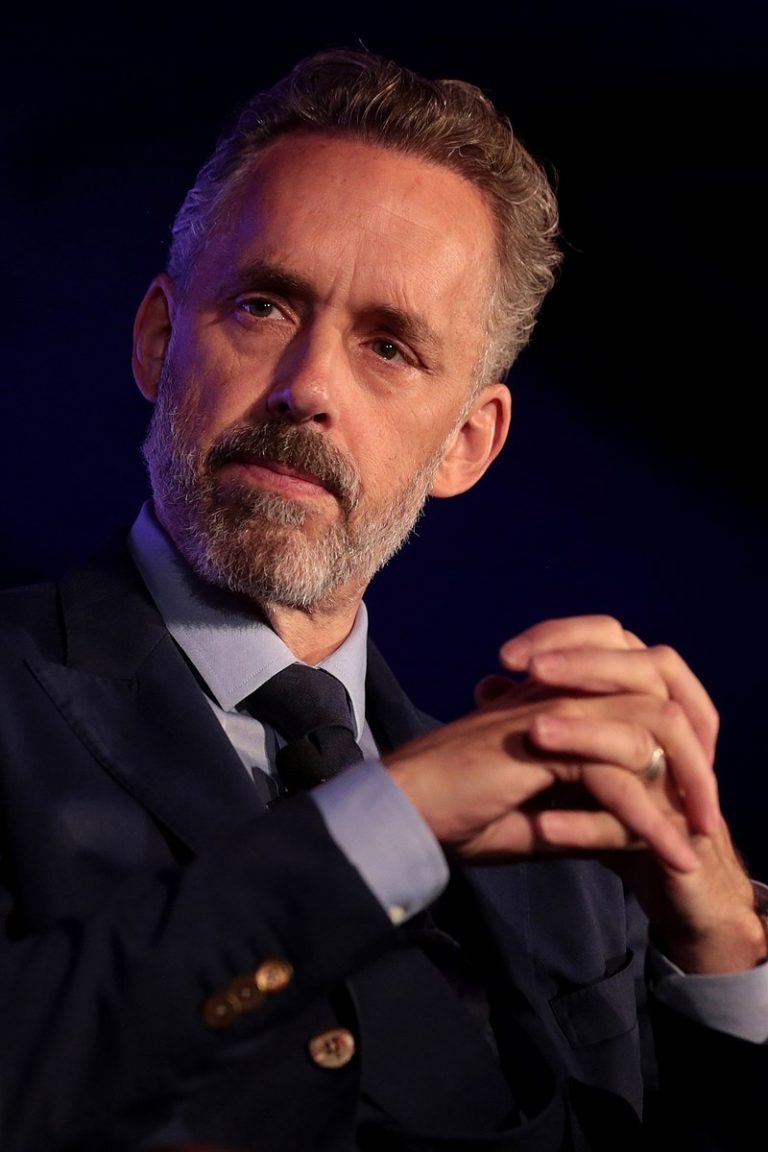
The political narrative regarding Jordan Peterson now appears set in stone – he is an ideological warrior of the right. Fans and detractors alike seem to agree on this much.

Translated by Rachel Thomas. Edited by Carl Raschke. The following is the third part of a series of translated fragments (or “short prose”) from the writings of Walter Benjamin, beginning
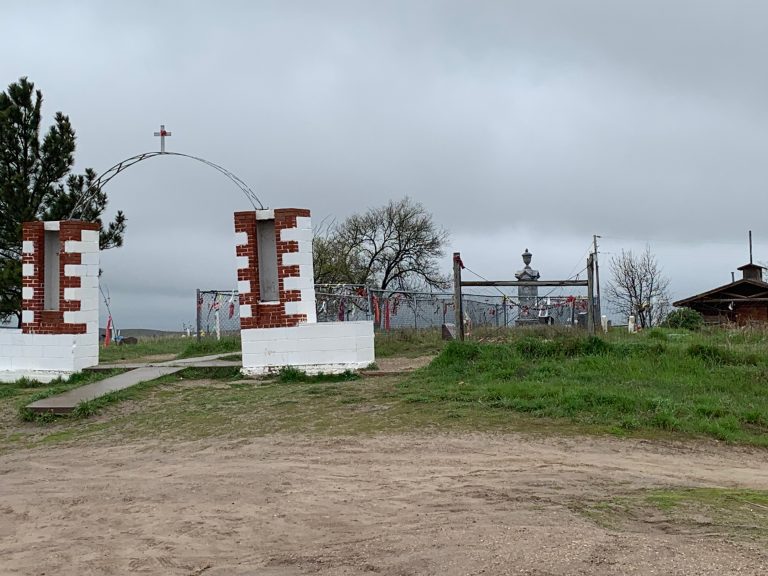
I ended my previous post pointing to a critique of Spirit in its eurochristian derivation. This series of posts has been based on a broader critique of Catherine Keller’s Political Theology of

Fake news has flourished in the current politically polarized climate that has persisted over the past thirty years. In the year leading up to the United States 2016 presidential election

In my previous post, I drew on a longer genealogy of liberalism by Aryeh Botwinick to address Catherine Keller’s recent book, Political Theology of the Earth. Botwinick’s “The Good of Liberalism:
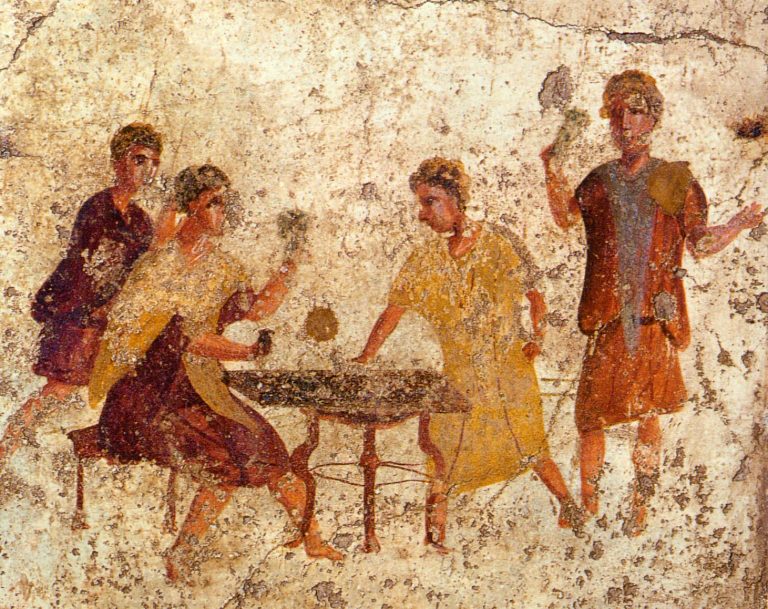
This is the first in a multi-part series of posts. In the following series of posts, I want to address some themes related to Catherine Keller’s recent book, Political Theology